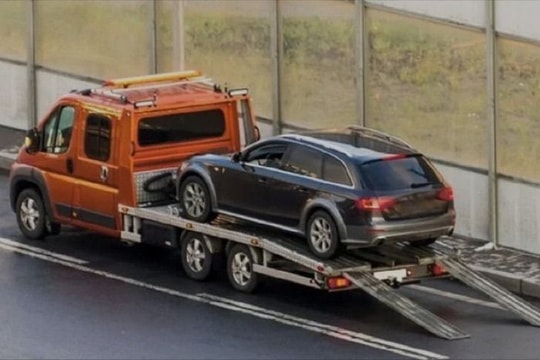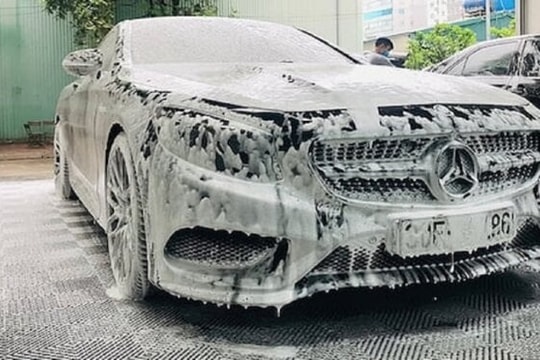The most effective way to take care of your car during the wet drizzle season
The North is entering a period of cold, wet, and rainy weather, causing increased demand for cars, but also potentially harmful health risks if car owners do not take proper care of them.
Cars today are manufactured with good soundproofing, along with the use of many different materials in the interior. This brings pleasure and enjoyment to the user. However, the characteristics of a sealed box of the car are suitable conditions for bacteria, mold and other adverse forms to develop, especially in the cold rainy and humid environment like today in the North.
To drive comfortably and protect your health best, auto experts have provided the following car usage tips to apply in cold and wet weather.
Car window fog treatment
High humidity in the air is the cause of the phenomenon of water vapor condensing, condensing on the surface of all objects. When the temperature drops below 16 degrees Celsius with typical drizzle in the North, the car body, mirrors or car windows are quickly covered with a layer of fog both inside and outside.
Condensed mirrors and glasses obstruct the driver's vision, making it difficult to observe and causing danger when participating in traffic.
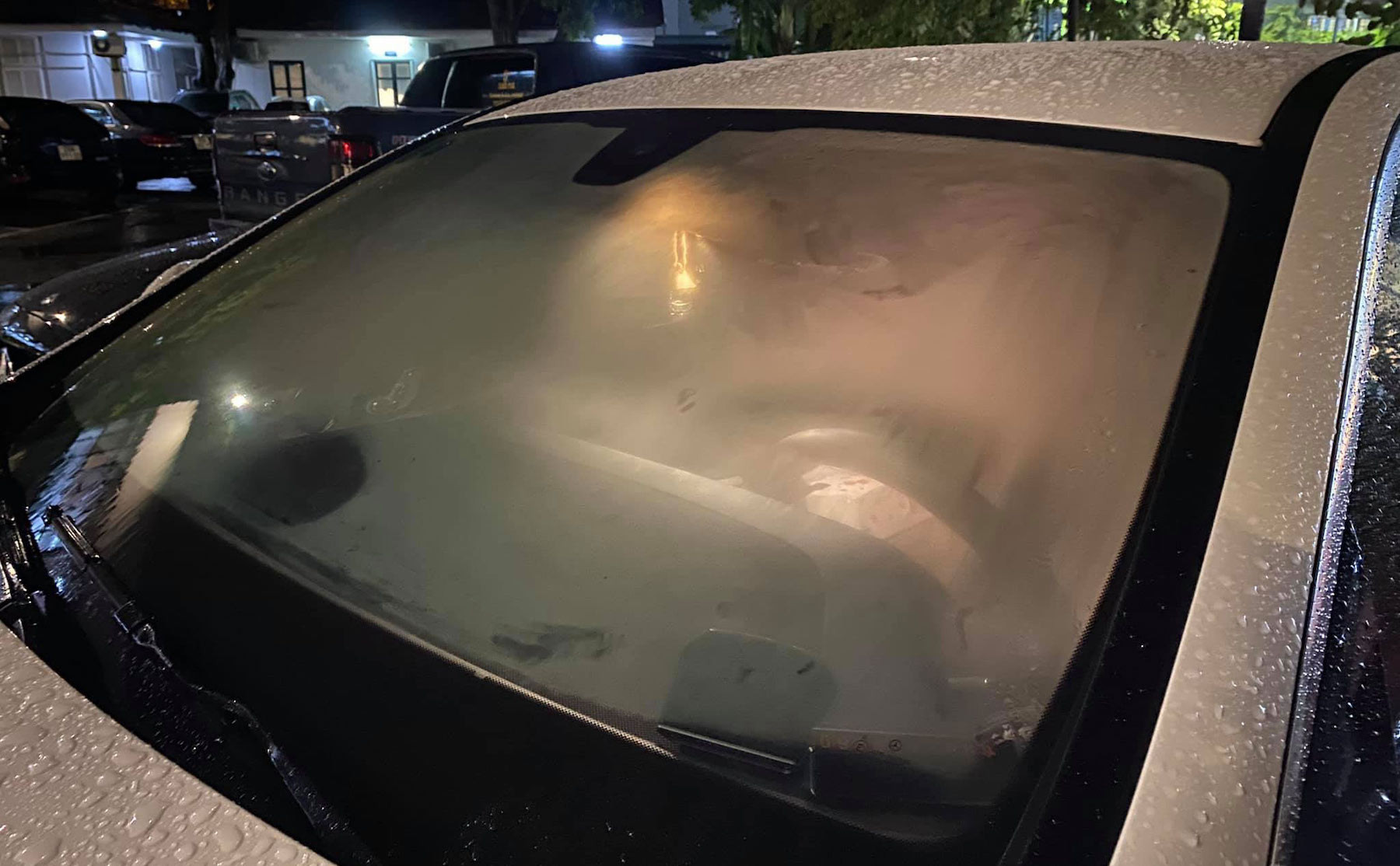
When the above phenomenon occurs, the driver needs to turn on the windshield defroster button (front or rear), and only about 5-10 minutes later, the phenomenon of water vapor sticking to the windshield will be completely resolved.
Note, when turning on the glass drying function, you need to close all car doors and pull the dashboard cover (if any) away from the air vent to dry the glass faster.
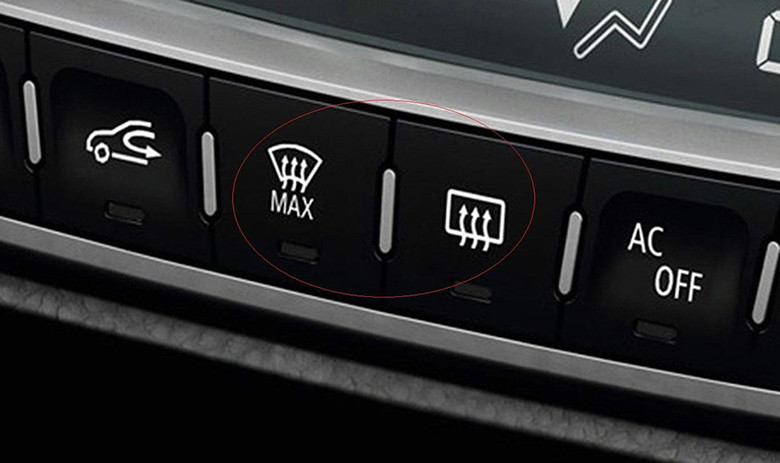
In addition, drivers can also turn on the air conditioner to reduce humidity in the car, thereby helping the foggy glass phenomenon gradually decrease until it disappears completely.
Damp interior, unpleasant odor
If you rarely drive or park your car outdoors for a long time, when you step inside, you can easily feel the humid air around you, or even an unpleasant smell if the car is not cleaned often.
The above causes come from the process of opening the car door, long-term gaps from the door seal, and even the humid air outside gradually seeping in through the floor vent. The humid car compartment causes bacteria and mold to grow and easily causes unpleasant odors.
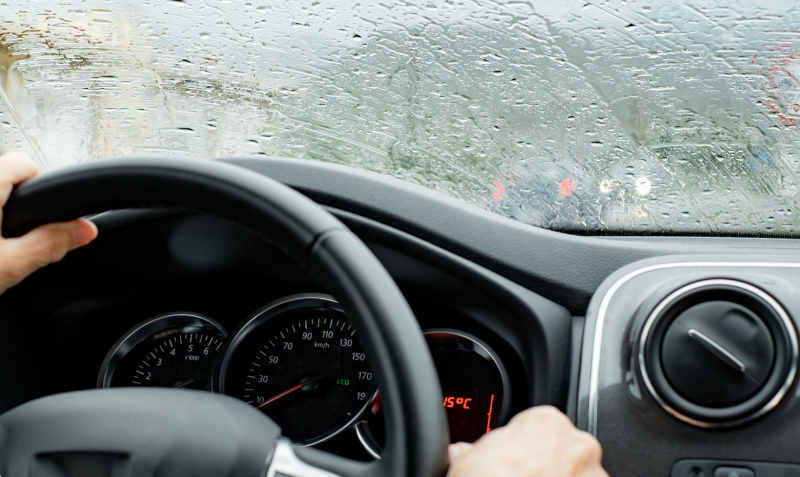
When detecting an unpleasant odor and moisture in the car compartment, the car owner should check the trunk door, car door, and window seals. If this part is warped, torn, or damaged, it should be replaced. Especially limit lowering the car window when moving in drizzly weather, which will cause the car interior to quickly increase humidity.
In addition, car owners should remove damp objects inside (old clothes, trash, food, etc.) to prevent moisture from "hiding" in the car compartment. Cars that have not been used for a long time should be cleaned and disinfected.
Electrical system care
One of the parts that car owners need to pay attention to in the cold and humid season is the electrical system as well as the electrical connections because they are easily oxidized. Because the entire car is always surrounded by air with dense moisture, exposed electrical wiring positions are very susceptible to oxidation, causing short circuits and fires.
To prevent this, car owners should carefully protect the wires and joints, and not add lights or devices that increase power consumption. If you do, you should do it at a reputable facility. In addition, car owners should also clean the air filter to better filter the air and dehumidify the air conditioner, thereby minimizing the risk of moisture in the car.
Choose a parking space
In cold, rainy weather conditions with high humidity, environmental factors will directly affect the car. Therefore, car owners should choose a way to preserve the car when not in use to avoid this direct impact.
Experts say that it is best to park the car in a well-ventilated garage with a dehumidifier or air conditioning system when not in use.
If you park outside, avoid parking outdoors and look for a covered area. Do not park under trees or near puddles. If you have no other choice, using a tarpaulin can also help reduce environmental impact.


